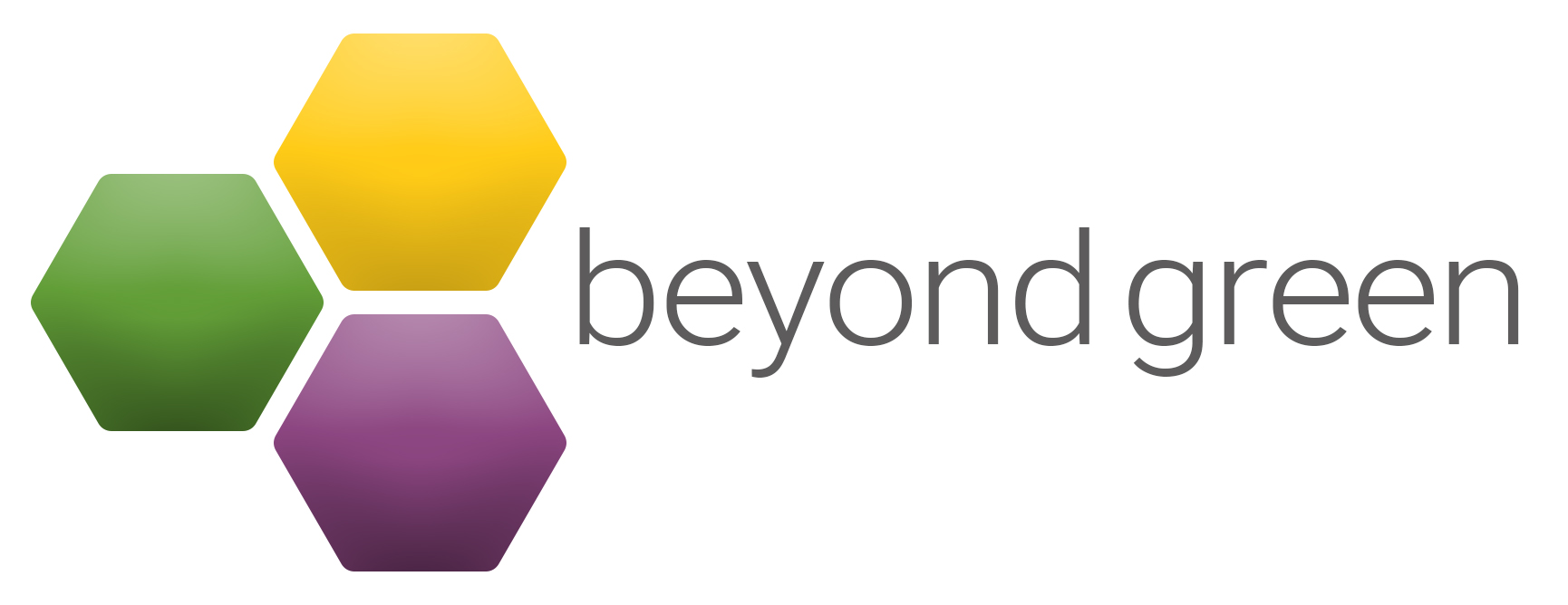We say that sustainability is about more than the environment; it is also about the people living in it. This blog series is highlighting a few ways in which our conversations around sustainability aren’t always taking the big picture into account.
Part 3: Lost by Words
Before we started this blog series, I would feel lost for words whenever I observed idling vehicles and think that those people simply did not care to do better! Maybe they have a valid reason, such as poor circulation, and need to run the vehicle’s heater. As highlighted in Part 2 of our series, it is easy to be blind to others needs, but what about our own? This came to light when I was asked to contribute to our series: sustainability and inclusion. I said “I don’t really feel excluded from working in the sustainability field”, to which I was prompted, What about being dsylexic? Case in point, our discourse on sustainability has left me ignoring my own challenges in working in this field.
Even as a moderately dsylexic person, the immense volume of information on sustainability means I am often lost by words, literal millions of words whizzing around in front of my eyes from the pages of company CSR reports, government policies, various guidance documents, professional journals, Linkedin posts… Words I feel I should read to do my job well and follow my purpose. This raises a question if I am being left behind as I cannot keep up with developments, and I can feel judged by others who expect me to have read x, y, z. Of course non-dyslexics will be overwhelmed by the mountain of information too, it’s just a dsylexic person has to work a lot harder to process written information.

So it is always a relief to come across an infographic that captures the essence of the issue. Emma Burlow of Resource Futures recently showed this infographic at MELCC Awards. For me, this conveys the concept of circular economy without the headache that pages of words would. This example illustrates some of the abilities dyslexics have: seeing the bigger picture, making connections within these complex pictures, and using creative/lateral thinking to solve problems. More information on the 9 strengths of dyslexics can be found here.
These 9 strengths are valuable in dealing with the complex world of sustainability, as illustrated by the interconnectedness of the sustainable development goals. The UN Sustainability Goals, launched in 2015, act as the roadmap for the 17 most pressing challenges the world faces. These challenges cover economic, social and environmental aspects, and solutions aim to benefit all aspects – to see this in action read about our work with Melville Housing Association and reuse of carpet tiles.
Meeting these challenges requires a multitude of abilities drawn from a diverse population, and Goal 10: Reduce Inequalities and Goal 8: Decent Economic Growth include specific targets to remove barriers to ensure we all can participate in a sustainable future regardless of what makes us different. It is our ability within our disability that we need to focus on.
We need to respect that we cannot all contribute to achieving the SDGs in the same way, nor should we because each person, community, business and culture has different challenges and opportunities. The important point is that we are mindful of our impacts and take action where we can and people are not marginalised because they need (not desire) to live, travel, eat in a certain way.
From this series, I have learnt from colleagues that our collective journey to live in balance with our planet is not about what we are not doing but about what we are; we need to harness our uniques perspectives and abilities and to recognise how necessary our diversity is. When it comes to living a sustainable life, success looks different for everyone – it is a team effort though. It’s a relay race with two competitors: humanity with the natural world against time. Only by working together instead of competing against each other on the latest green fad, we have a chance.
Links
Part 1: Hope for the Future: the event that started a conversation
